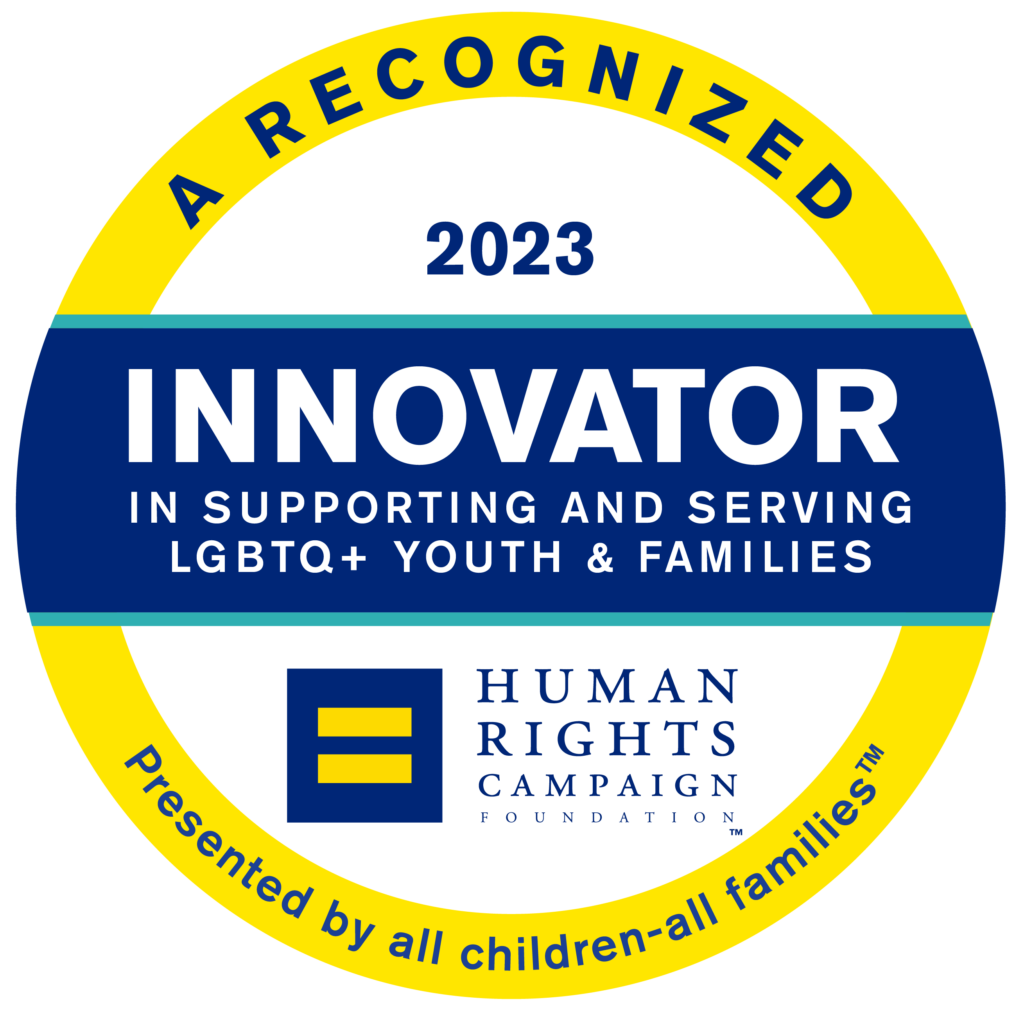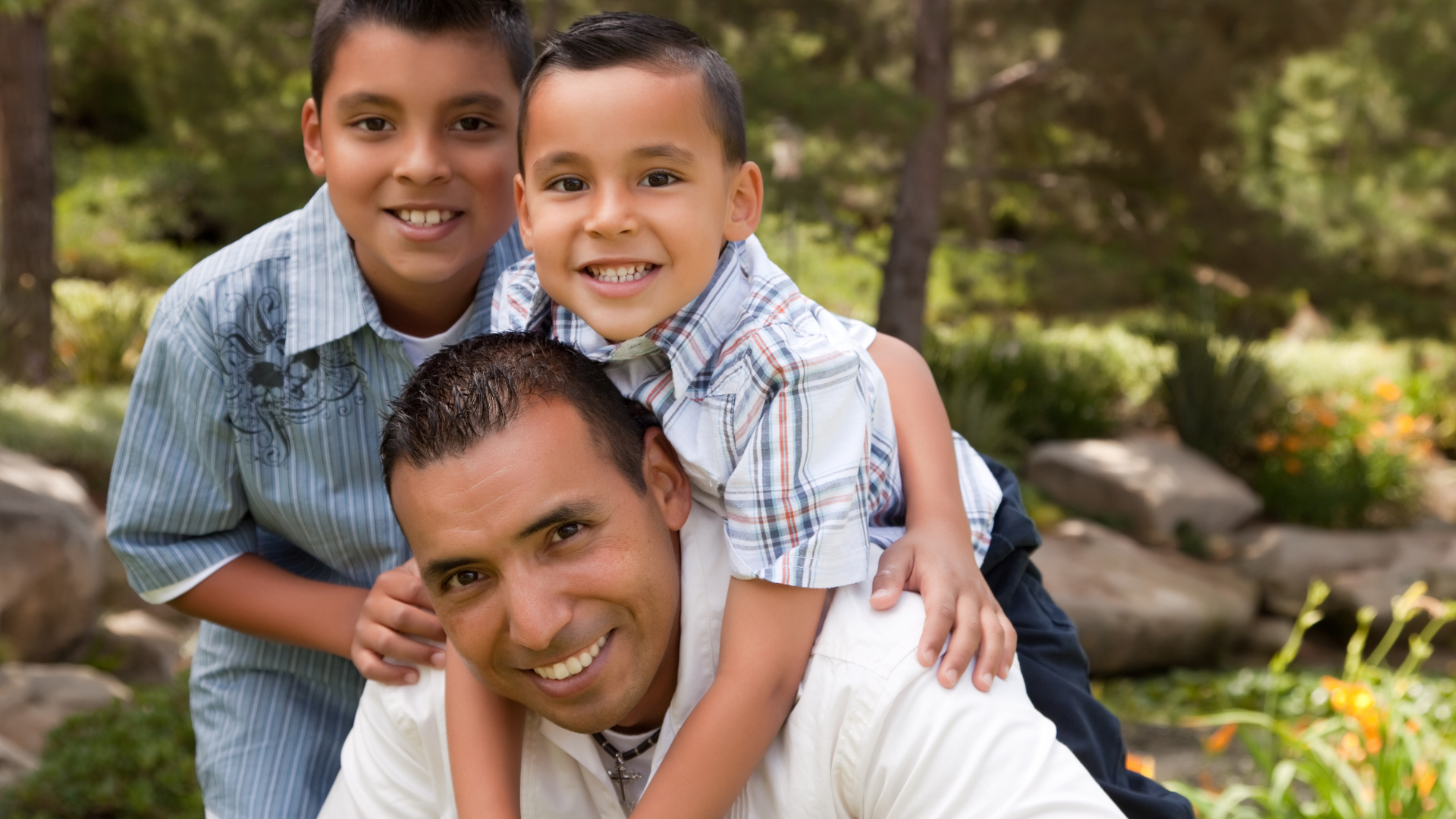Who We Are
Texas CASA’s Story
Texas CASA is the statewide association for 74 local CASA programs. We work to connect each part of the CASA community and empower the local programs to perform at their highest level. At the local level, the programs recruit, train and supervise Court Appointed Special Advocate (CASA) volunteers to advocate for children involved in the child welfare system and improve their well-being. At the state level, Texas CASA provides financial support, training and services to help the local programs operate effectively.
Vision
Texas CASA envisions a safe and positive future for all Texas children.
The CASA Way
We have an uncompromising belief that we will achieve what others think is impossible, and each of us is an essential part of the solution.
Mission
Texas CASA’s mission is to support local CASA volunteer advocacy programs and to advocate for effective public policy for children and families in the child protection system.
Local CASA Programs
At the local level, the 74 CASA programs in Texas do the hands-on work of recruiting, training and supervising volunteers to advocate for the best interests of children in the foster care system.
National CASA/GAL Association
For more than 35 years, the National CASA/GAL Association for Children has worked in service of the national network of state and local programs to strategically establish, promote and support the formation, recruitment, training, development and activities of highly effective member programs.
Guiding Principles
What We Stand For
Texas CASA is an inclusive, welcoming and affirming organization that is committed to our goal of ensuring the highest quality advocacy possible for all children and families in the child protection system. We value, celebrate and actively seek out diverse candidates. We are an equal opportunity employer and do not discriminate against any individual, employee or applicant on the basis of race, national origin, color, creed, sex, age, pregnancy, sexual orientation, gender identity, gender expression, disability, or veteran or citizenship status.

Interested in joining our team?


